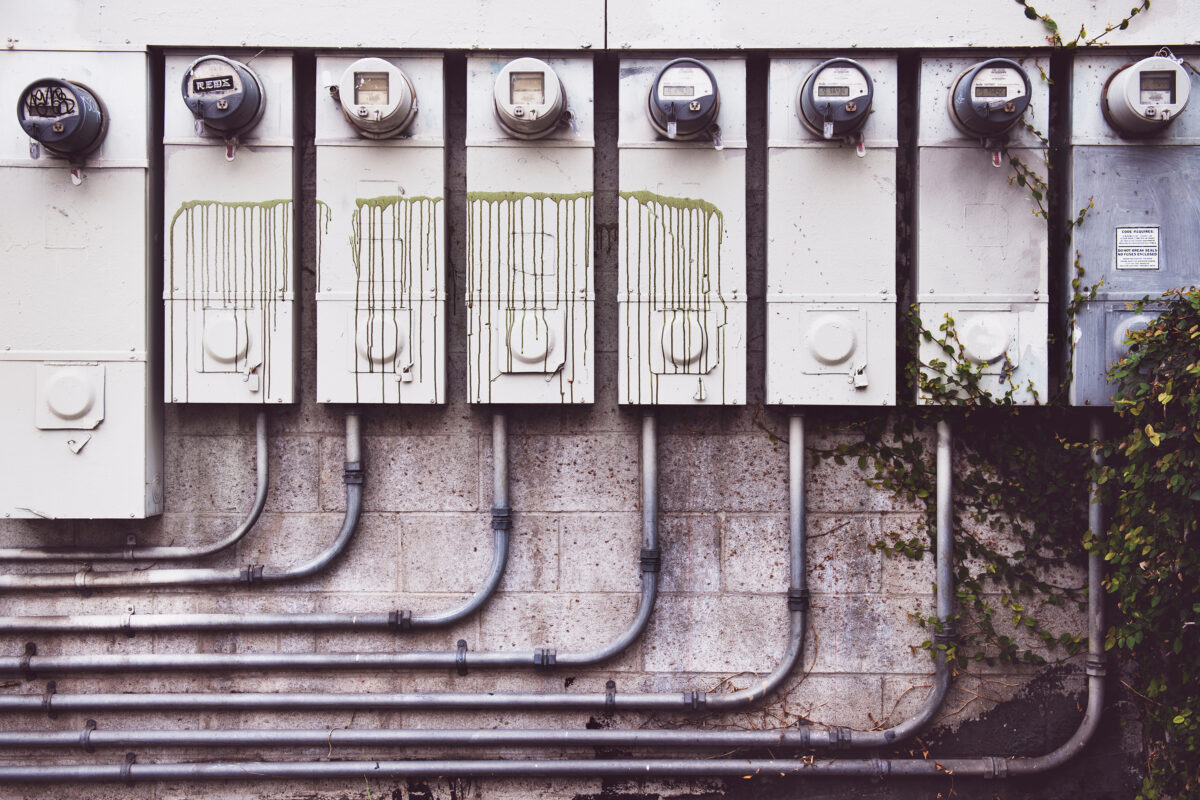What Causes Electrical Circuit Overloads?

When it comes to electricity, it’s crucial to understand the potential risks and hazards associated with it. Electrical circuit overloads are a common problem that can lead to various issues, including electrical fires and equipment damage. In this article, we will explore the causes of electrical circuit overloads and provide valuable insights into how to prevent them. Whether you are a homeowner or a professional electrician, understanding the factors that contribute to circuit overloads is essential for maintaining a safe and efficient electrical system.
Common Causes of Electrical Circuit Overloads
- Excessive Power Demand. One of the primary causes of electrical circuit overloads is an excessive power demand. When the total power drawn from a circuit exceeds its capacity, it can result in an overload. This often occurs when multiple high-power appliances or devices are connected to a single circuit. For instance, running a microwave, refrigerator, and air conditioner on the same circuit can lead to an overload. It’s crucial to distribute the load evenly across multiple circuits to prevent overloading.
- Faulty Wiring. Faulty or outdated wiring is another significant cause of electrical circuit overloads. Over time, wiring can deteriorate, leading to increased resistance and reduced capacity. Additionally, improper installation or the use of undersized wires can result in overloads. It’s important to have a professional electrician inspect and upgrade your wiring if needed to ensure it meets the electrical demands of your home or facility.
- Circuit Breaker Malfunction. Circuit breakers are designed to protect electrical circuits from overloads by interrupting the flow of electricity when the current exceeds safe levels. However, if a circuit breaker is faulty or outdated, it may fail to trip when an overload occurs, posing a serious safety risk. Regular maintenance and inspection of circuit breakers are necessary to ensure their proper functioning and to prevent circuit overloads.
- Insufficient Outlets. Insufficient outlets can also contribute to circuit overloads. Plugging multiple devices into a single outlet or using extension cords excessively can overload the circuit and increase the risk of electrical fires. To prevent overloads, it’s important to have an adequate number of outlets installed in your home or facility, especially in areas where multiple devices are commonly used.
- Power Surge. Power surges, which are sudden spikes in electrical voltage, can overload circuits and cause damage to appliances and electronic devices. Power surges can result from lightning strikes, utility grid issues, or faulty wiring within the property. Installing surge protectors and using power surge suppression devices can help mitigate the risk of circuit overloads caused by power surges.
How to Prevent Electrical Circuit Overloads
Calculate Power Demands
To prevent electrical circuit overloads, it’s important to calculate the power demands of your electrical system accurately. Each electrical circuit has a specific capacity, known as its amp rating. By understanding the amp ratings of your circuits and the power requirements of your appliances, you can distribute the load appropriately and avoid overloading any single circuit.
Use Multiple Circuits
Distributing the power demand across multiple circuits is an effective way to prevent overloads. When using high-power appliances or devices, avoid connecting them to the same circuit. Instead, plug them into different circuits to distribute the load evenly. This practice helps ensure that no individual circuit is overwhelmed and reduces the risk of overloads.
Upgrade Wiring
Regularly inspecting and upgrading wiring is crucial to prevent circuit overloads. If you live in an older home or notice signs of deteriorating wiring, such as flickering lights or frequently tripping breakers, it’s essential to have a professional electrician evaluate and upgrade your wiring. Upgrading to modern wiring with the appropriate amp rating can significantly reduce the risk of overloads.
Avoid Daisy Chaining
Daisy chaining refers to the practice of connecting multiple extension cords or power strips together in series. This practice can overload a circuit and create a fire hazard. It’s important to avoid daisy chaining and instead use extension cords and power strips sparingly and as a temporary solution. If you require additional outlets, consult a professional electrician to have them installed safely.
Install Surge Protection
Installing surge protection devices is an effective way to safeguard your electrical circuits from power surges. Surge protectors are designed to divert excess voltage away from your devices, preventing overloads and potential damage. Consider using surge protectors for sensitive electronic equipment and appliances to protect them from power surges.
Frequently Asked Questions (FAQs)
What are the signs of an electrical circuit overload?
Signs of an electrical circuit overload may include frequent tripping of circuit breakers, flickering lights, overheating outlets, or a burning smell near electrical devices. If you experience any of these signs, it’s crucial to address the issue promptly to prevent further damage or potential electrical fires.
Can overloading a circuit cause a fire?
Yes, overloading a circuit can lead to overheating, which increases the risk of electrical fires. When a circuit is overloaded, the wires can heat up beyond their capacity, potentially igniting nearby materials. It’s essential to prevent circuit overloads to maintain a safe electrical system.
How can I determine if a circuit is overloaded?
To determine if a circuit is overloaded, you can check the amp rating of the circuit and compare it to the total amp rating of the devices connected to it. If the total amp rating exceeds the circuit’s capacity, it is likely overloaded. In such cases, redistribute the load or consider adding a new circuit to accommodate the power demand.
Can I fix an overloaded circuit by replacing the circuit breaker with a higher amp rating?
No, replacing a circuit breaker with a higher amp rating without considering the wiring and circuit capacity is not recommended. Circuit breakers are designed to protect the circuit and wiring from overloads. Increasing the amp rating without upgrading the wiring can pose a safety risk. It’s crucial to consult a professional electrician to evaluate and upgrade the circuit appropriately.
Is it necessary to hire a professional electrician to prevent circuit overloads?
While some preventive measures can be taken by homeowners, it’s recommended to hire a professional electrician for a thorough evaluation of your electrical system. A professional can identify potential issues, ensure proper wiring and circuit installation, and provide expert advice on preventing circuit overloads. We can always help you with that — reach us at (408) 898-1576 or support@fuseservice.com.
How often should I have my electrical system inspected?
Regular electrical inspections are essential for maintaining a safe electrical system. It’s recommended to have your electrical system inspected by a professional electrician every few years or when you notice any signs of electrical problems. Timely inspections can help identify and address potential issues before they escalate.
Conclusion
Understanding the causes of electrical circuit overloads is crucial for maintaining a safe and efficient electrical system. By being aware of the common causes such as excessive power demand, faulty wiring, circuit breaker malfunction, insufficient outlets, and power surges, you can take proactive steps to prevent overloads. Calculating power demands accurately, using multiple circuits, upgrading wiring when necessary, avoiding daisy chaining, and installing surge protection devices are effective strategies for preventing circuit overloads. Remember to prioritize safety and consult a professional electrician for expert advice and assistance when needed. With proper precautions and preventive measures, you can ensure the longevity and reliability of your electrical system while minimizing the risk of circuit overloads.


